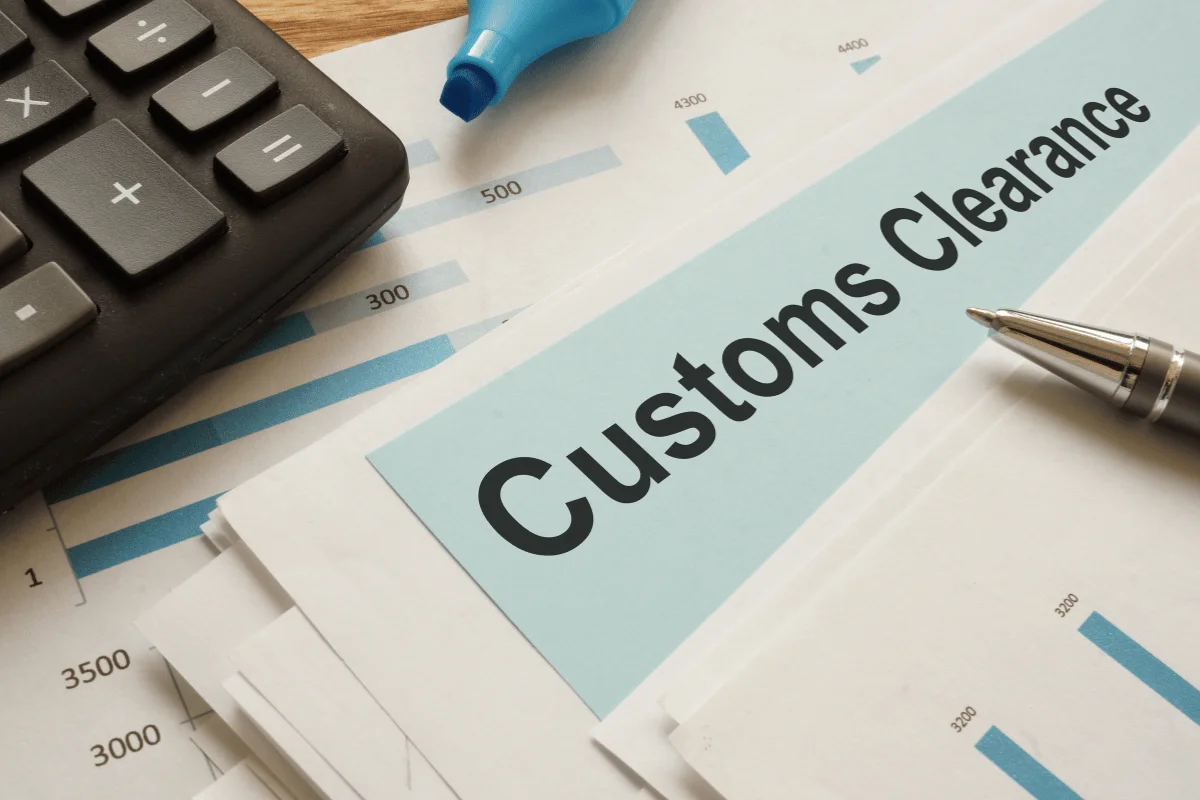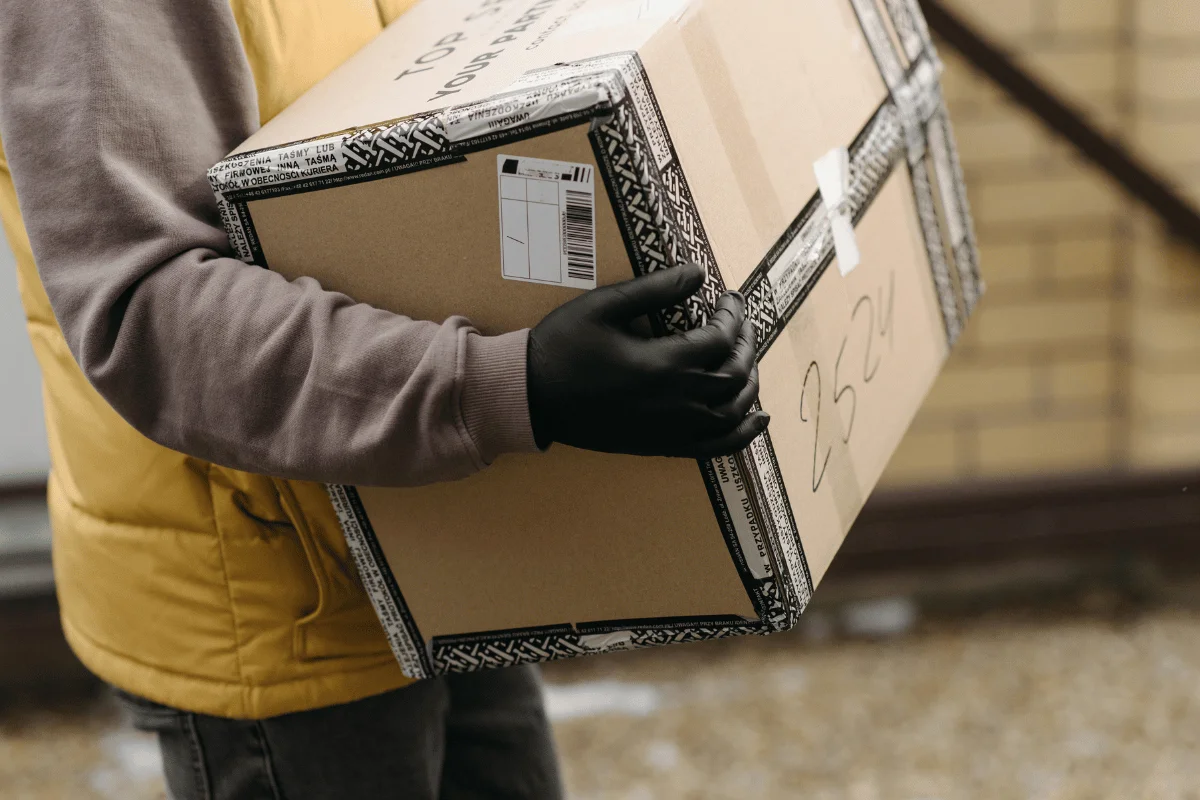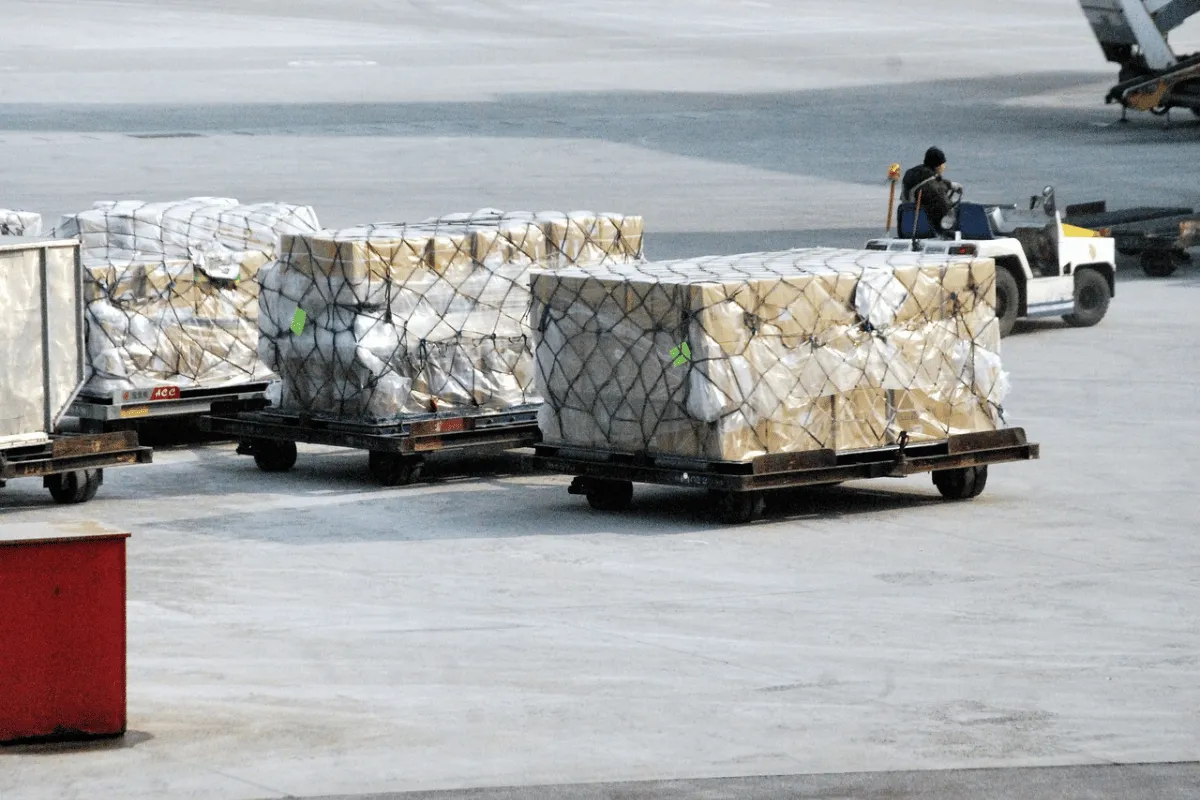Air Freight Customs Clearance Delays: Main Causes and How to Avoid Them
Air freight is one of the fastest and most efficient methods of transporting goods internationally. However, customs clearance delays often hinder the successful movement of air freight cargo. Air freight customs clearance is a critical step in the shipping process because it ensures that all required documents are in place, necessary duties and taxes are paid, and the goods comply with the importing country’s regulations. If there are delays in this process, the goods may be detained at the airport, affecting delivery time and resulting in costly fines. We share the main reasons for air freight customs clearance delays and how to avoid them. By understanding these common pitfalls and taking proactive measures, businesses can ensure smoother shipments, reduce the risk of delays, and keep supply chains running efficiently.
Incorrect or incomplete documents: the main reasons for air freight customs clearance delays
One of the most common reasons for air freight customs clearance delays is incorrect or incomplete documentation. Customs authorities require several key documents to process shipments, including commercial invoices, bills of lading, and packing lists. Missing, incomplete, or erroneous documents can significantly delay the customs clearance process.
For example, inaccurate product descriptions or incorrect classification of goods can lead to discrepancies during inspection, which can cause delays as customs officials investigate and request clarifications. Failure to provide the correct Harmonized System (HS) code for goods can cause unnecessary delays, as the goods will not be adequately classified when calculating tariffs. To avoid these delays, it is critical to work closely with an experienced logistics provider and ensure that all documentation is accurate and complete before shipment.

Failure to comply with import regulations can also cause delays
Another common reason for air freight customs clearance delays is failure to comply with the destination country’s import regulations. Each country sets specific rules governing the types of goods that people can import, the documentation they must provide, and the import duties and taxes they must pay. If goods do not meet these requirements, customs authorities may delay, refuse, or even confiscate them. Some countries have strict regulations for certain products, such as food, chemicals, and electronics. If these products are not correctly declared or the required certification is not provided, customs may detain the goods for inspection or require additional documentation to proceed with customs clearance. To avoid compliance-related delays, businesses should thoroughly research the destination country’s import regulations before shipping.

Inaccurate cargo valuation can also impact air freight customs clearance delays
Accurate cargo valuation is critical for air freight customs clearance because it determines the duties and taxes the importer must pay. If the declared value of goods is incorrect, customs authorities will investigate the discrepancy, which can cause customs clearance delays. Both undervaluation and overvaluation can raise red flags, leading to customs inspections and possible fines.
In some cases, businesses may deliberately undervalue goods to reduce the amount of duties payable, but this is illegal and can result in severe penalties. On the other hand, overvaluation can result in unnecessary high duties and taxes, which can delay the customs process of reviewing the declared value. To avoid delays associated with valuation, providing accurate invoices and receipts that reflect the actual value of the goods will help ensure smooth customs clearance of air freight shipments and prevent delays or fines.

Lack of pre-approval or early submission of documents
One of the best ways to avoid air freight customs clearance delays is to submit documents in advance or take advantage of pre-clearance programs. Many countries allow businesses to process customs clearance before the goods arrive at the airport. By submitting documents in advance, businesses can ensure that customs complete the clearance process as soon as the goods arrive, thereby reducing waiting time at the airport. However, failure to submit documents promptly is a common cause of customs clearance delays. If documents are not provided until after the goods arrive, customs may take longer to process them, resulting in delays in the release of the goods. To avoid this problem, submitting all necessary documents in advance and, if possible, taking advantage of pre-clearance services is essential.
How to Avoid Air Freight Customs Clearance Delays?
To avoid delays, businesses must follow best practices at every stage of the shipping process. Here are some key steps to ensure smooth customs clearance. You need to ensure that your documents are accurate. Double-check all documents before shipping to ensure they are complete and error-free. Understand and research the import regulations of the destination country to ensure compliance. At the same time, ensure you provide a true and accurate valuation of the goods being transported to avoid discrepancies. Submit documents in advance. Take advantage of pre-clearance programs to submit documents before the goods arrive. Although inspections usually occur randomly, organize and document the goods to make the process as efficient as possible. Finally, work closely with your freight forwarder and customs broker to ensure everyone is on the same page and fulfilling their responsibilities.
Ultimately
Air freight customs clearance delays can be costly and disruptive to the supply chain, but businesses can minimize these risks by understanding the leading causes and taking proactive measures. Accurate documentation, compliance with regulations, proper valuation, and effective coordination prevent delays.


